NATIONAL RESEARCH CENTRE MANIPUR
RESEARCH STRUGGLE VICTORY
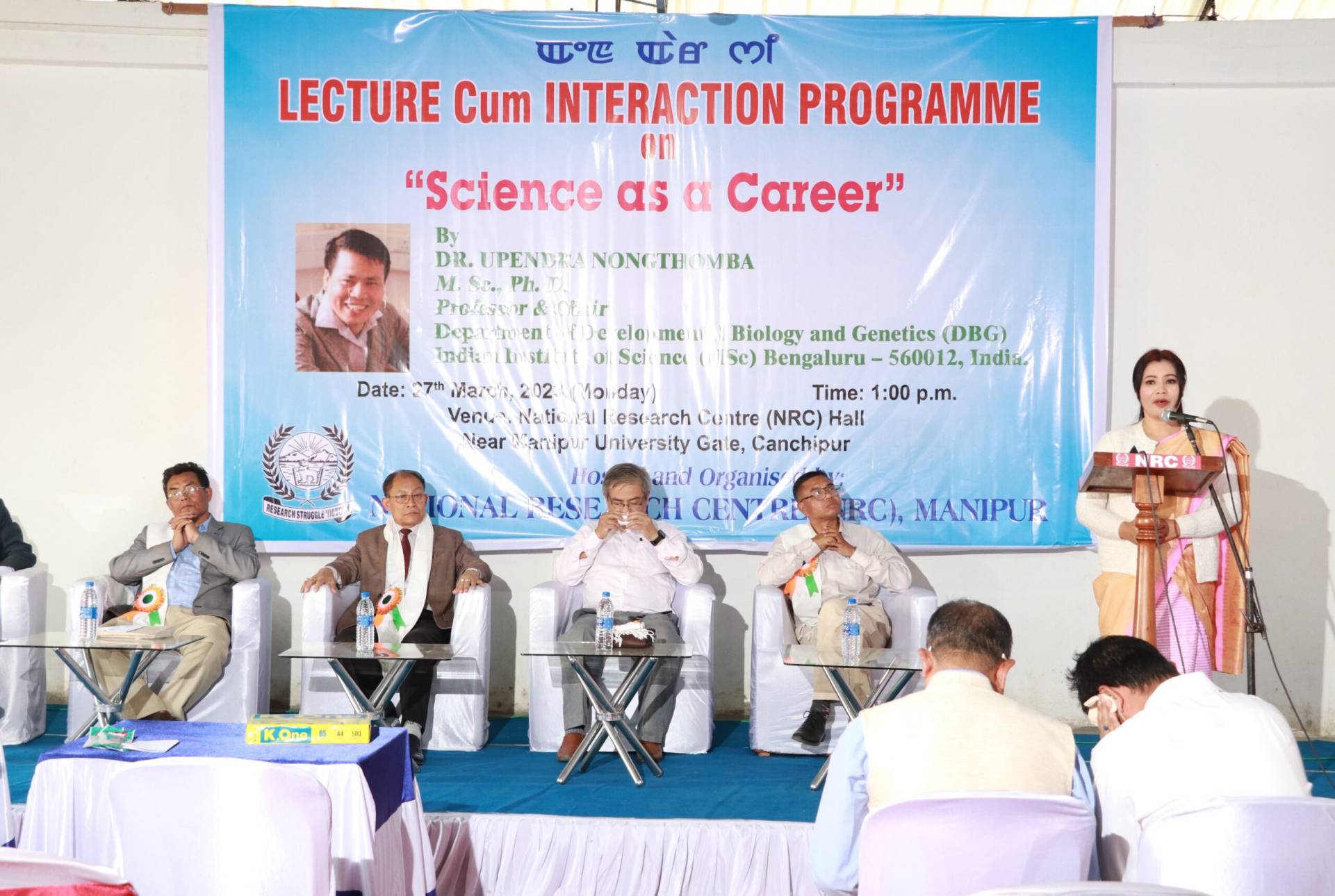






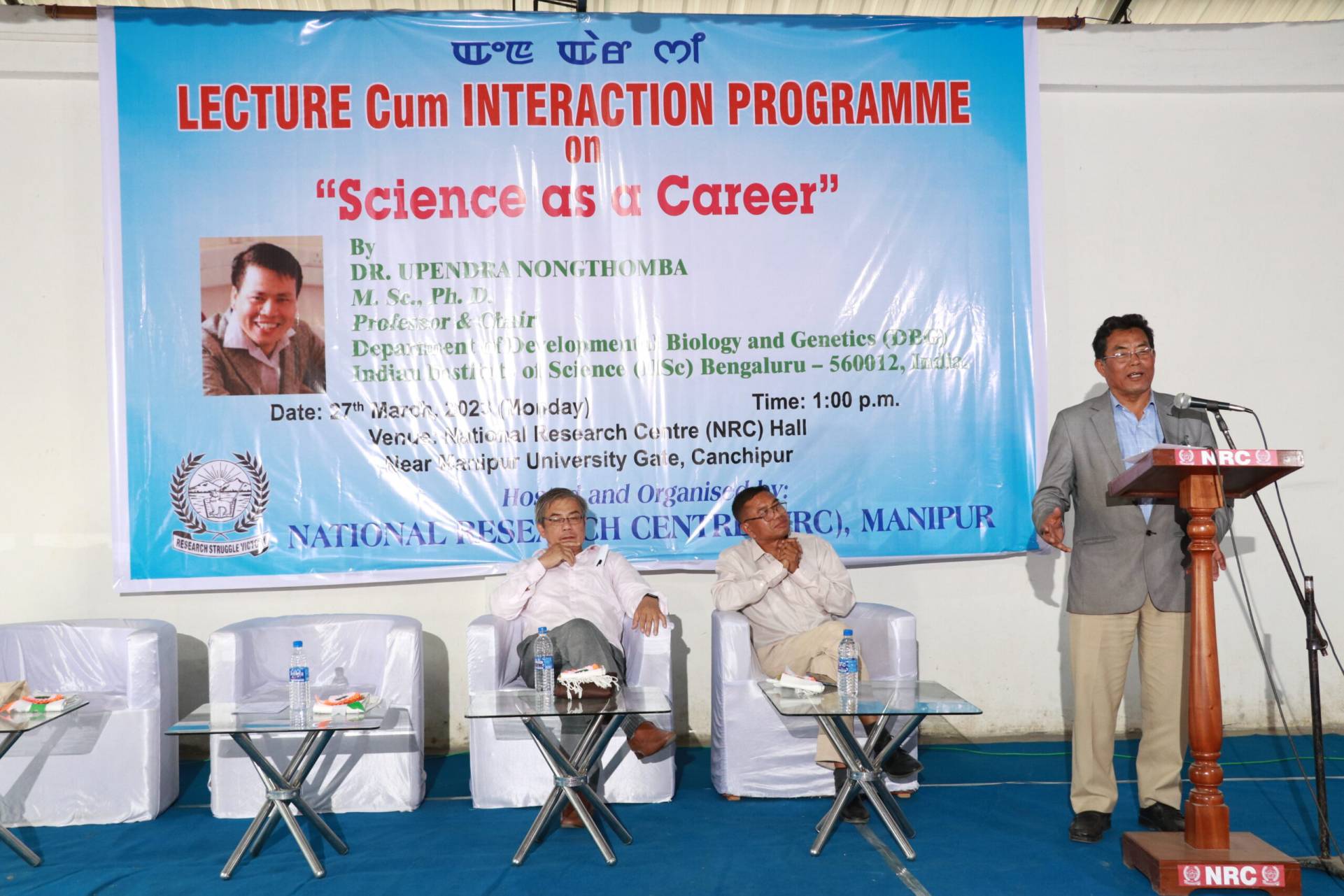
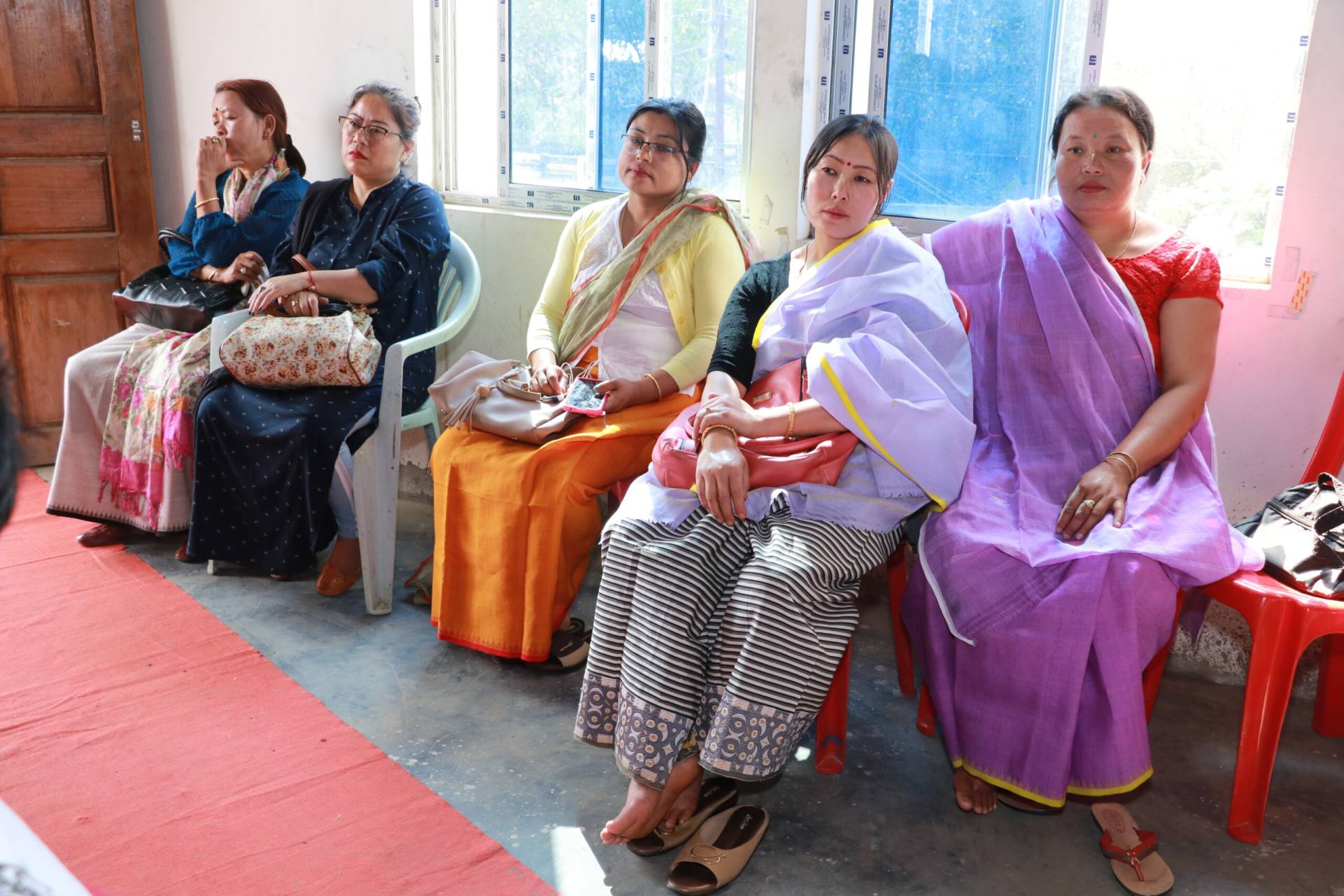
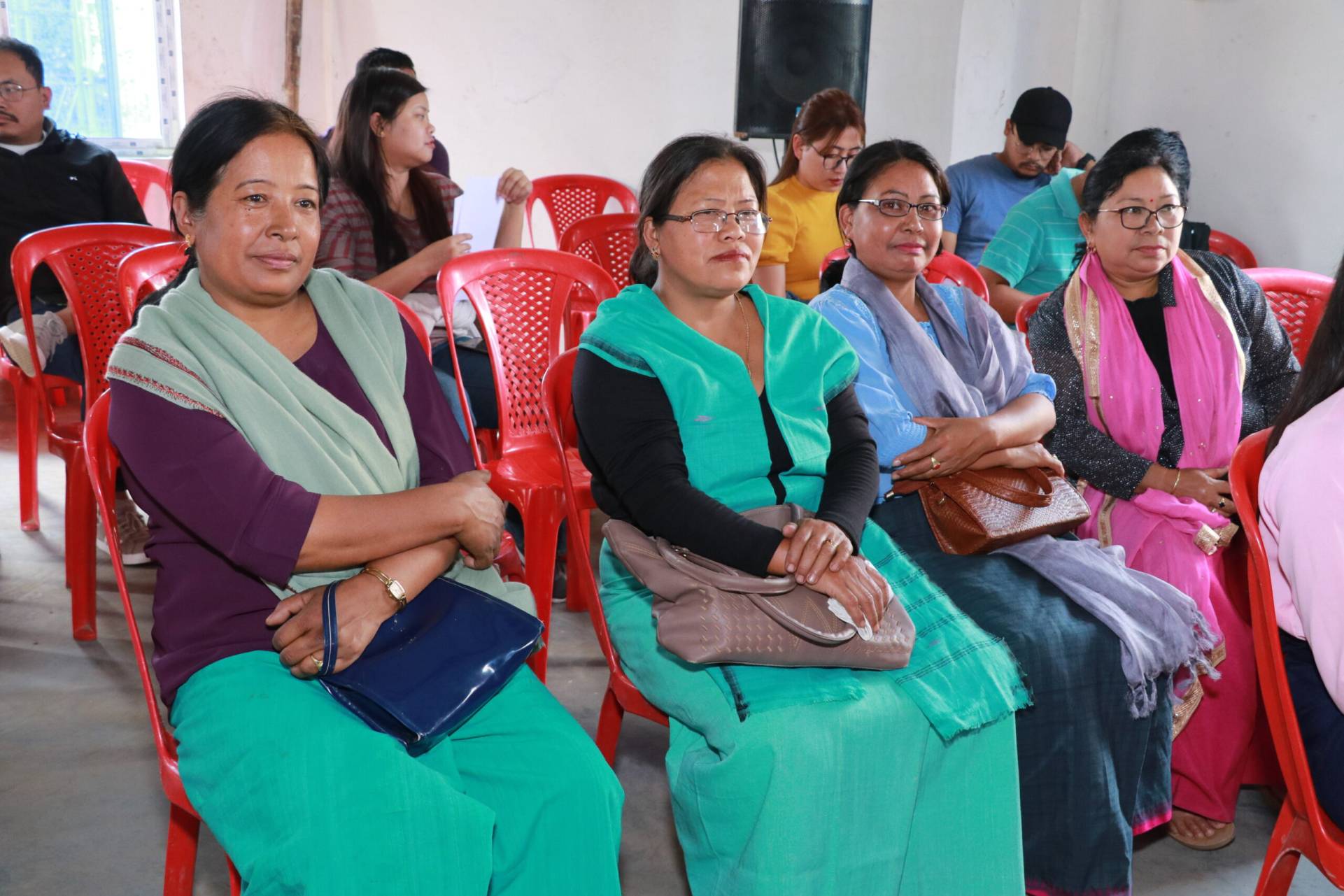
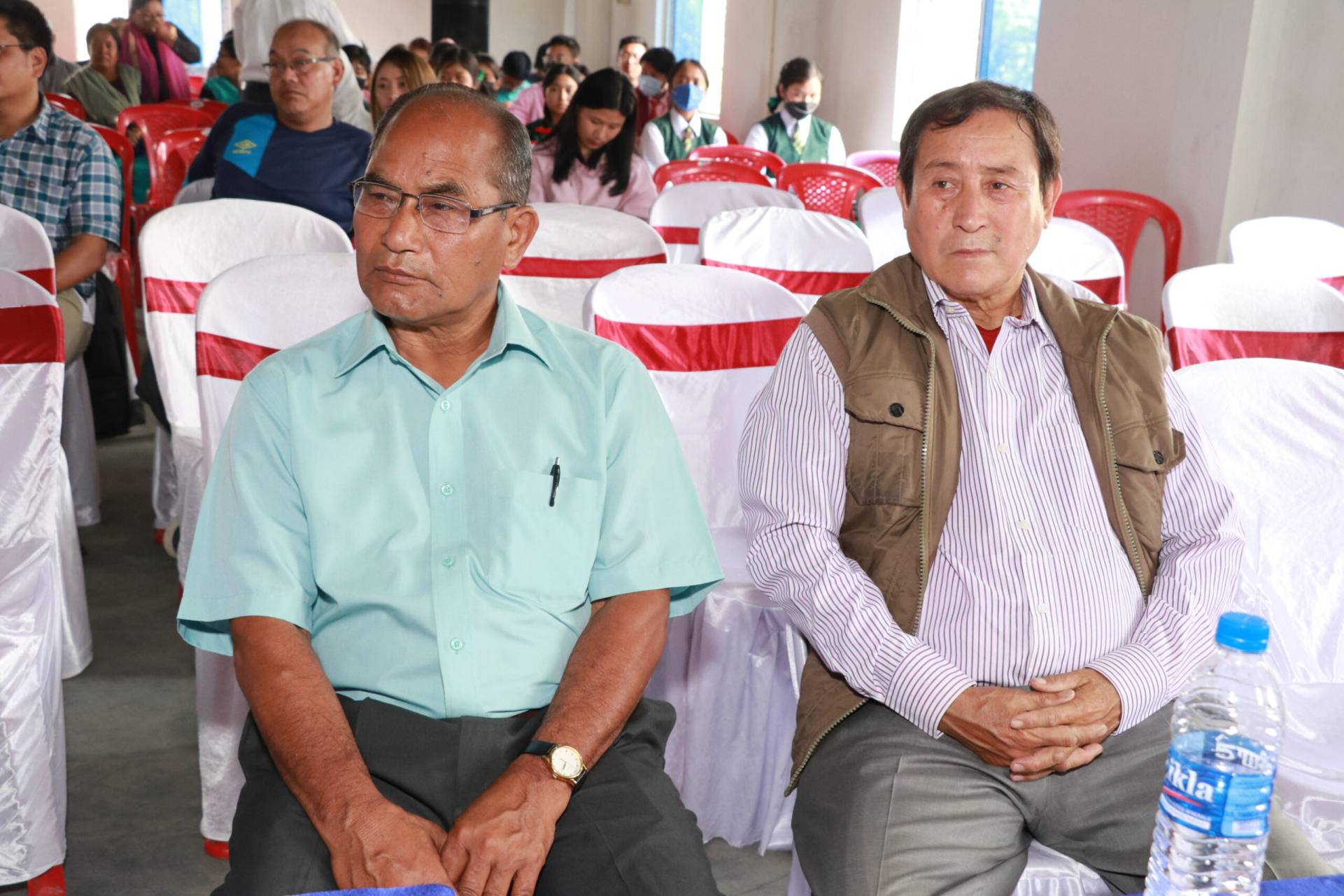
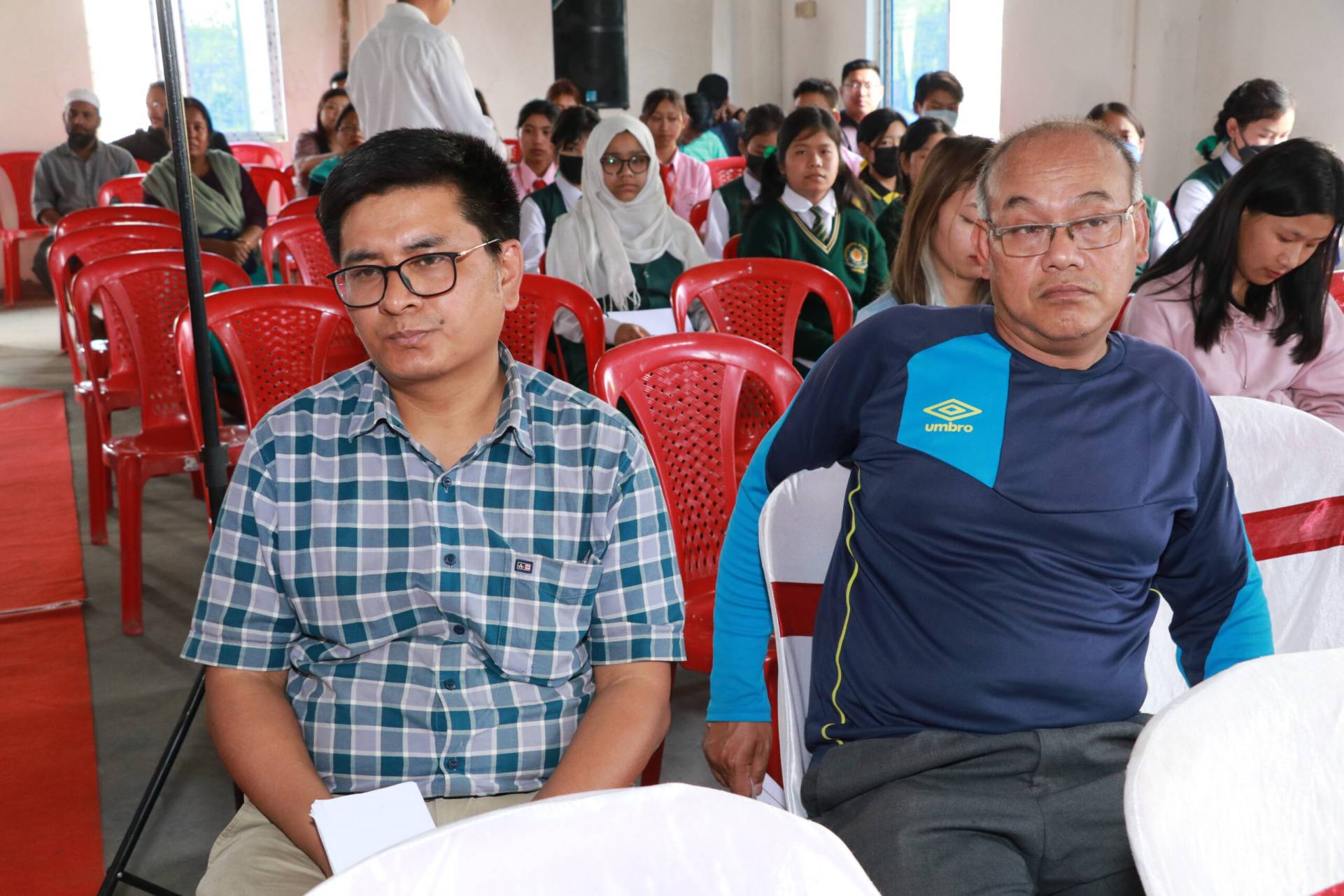
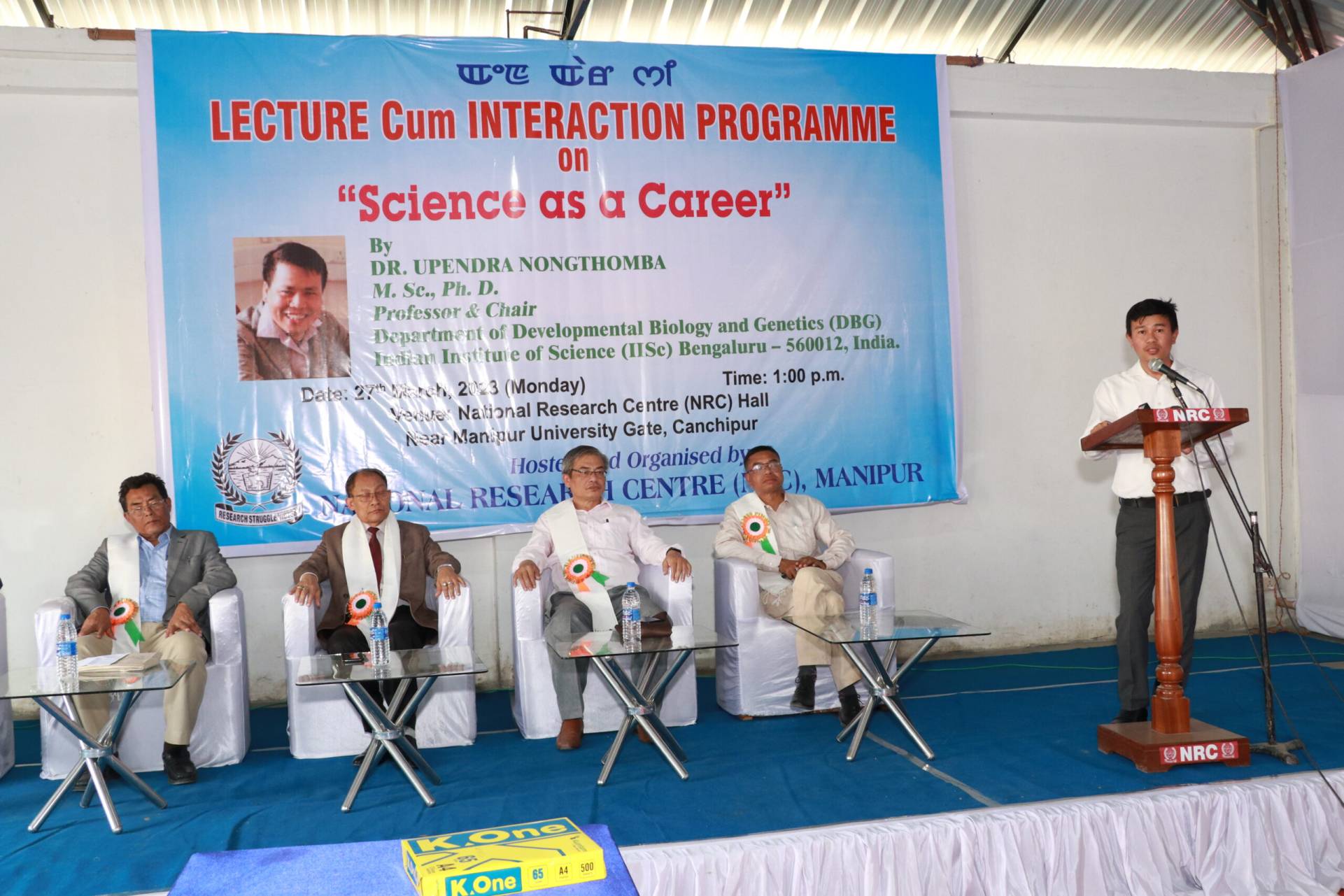
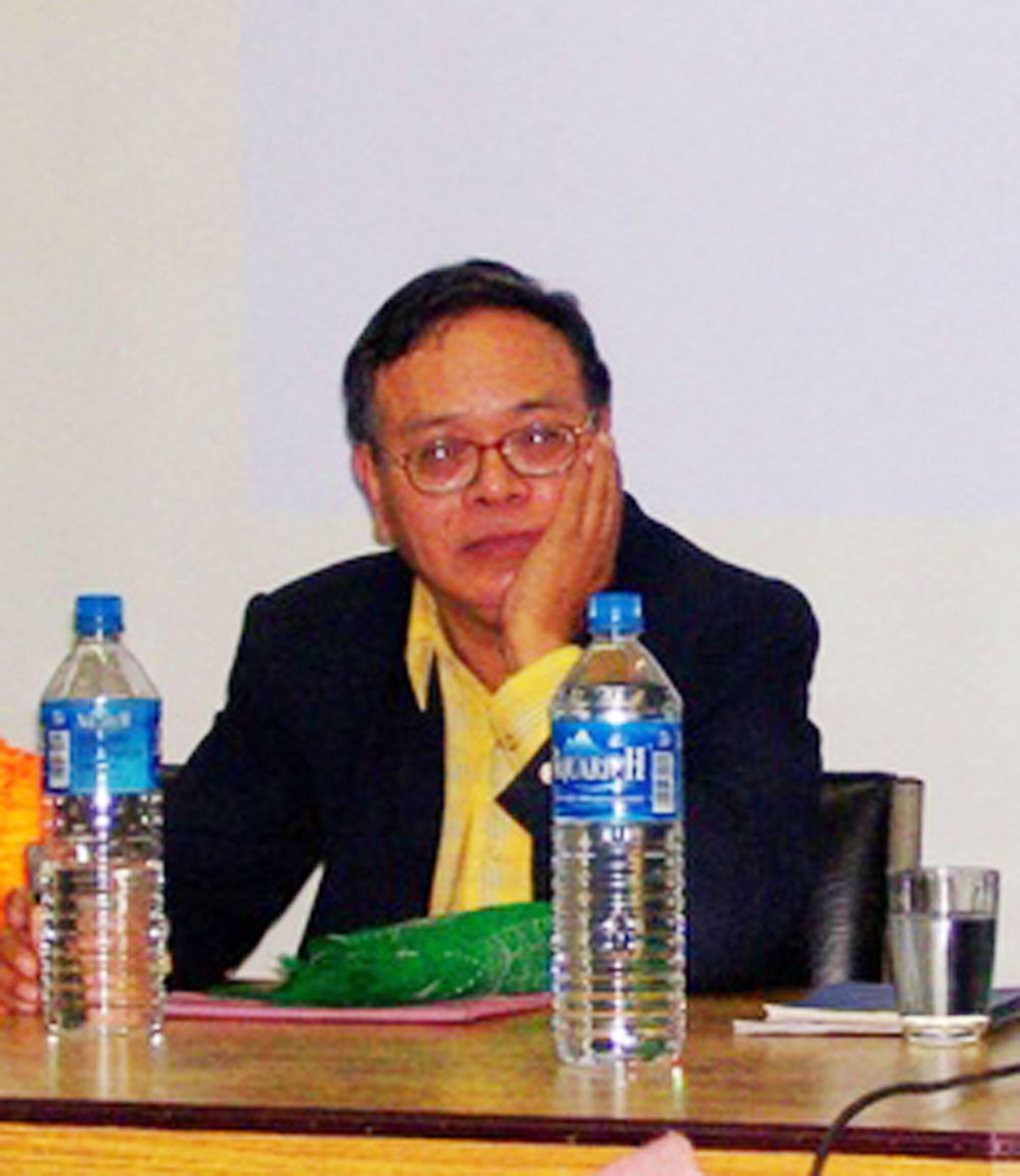
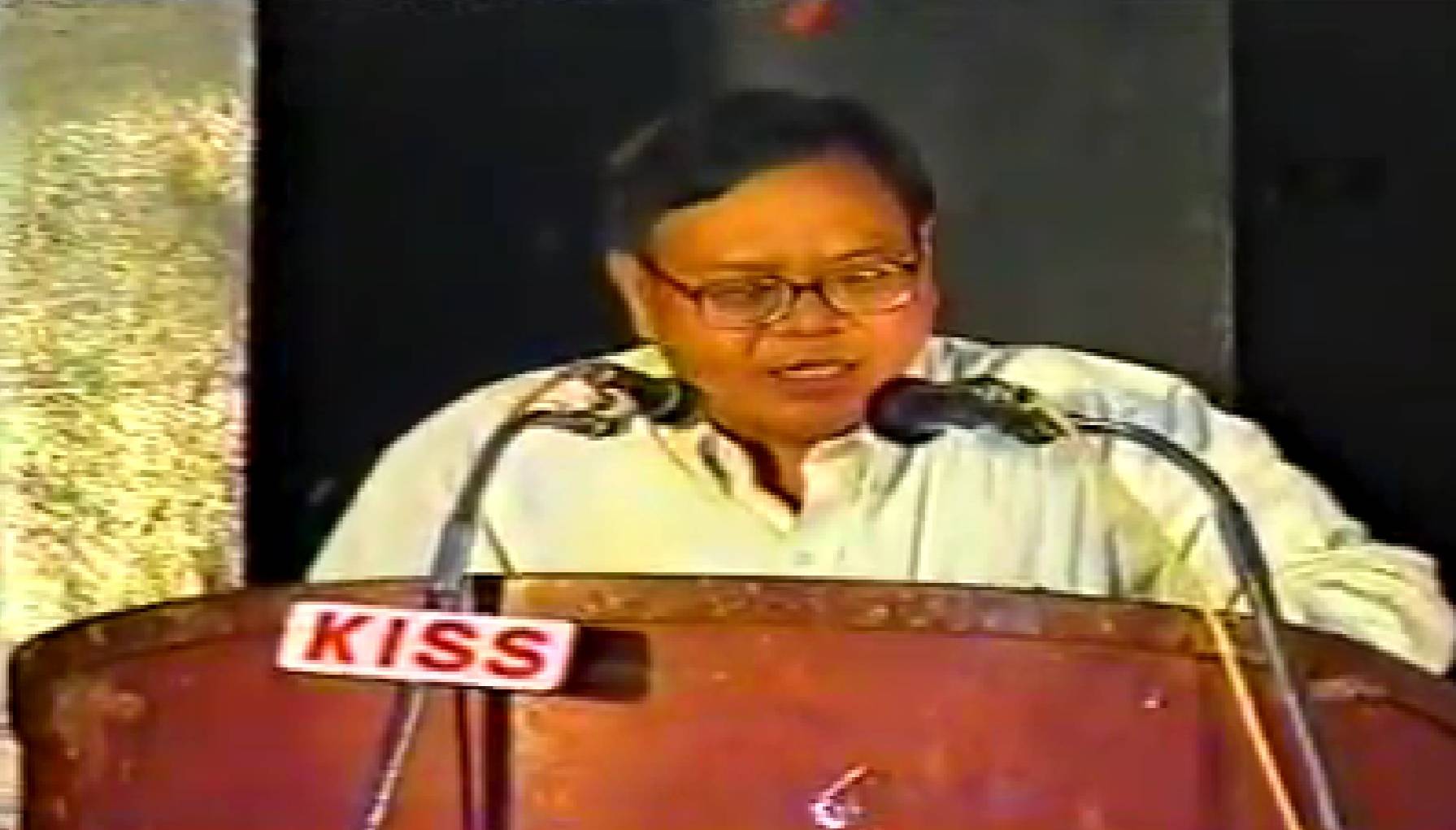
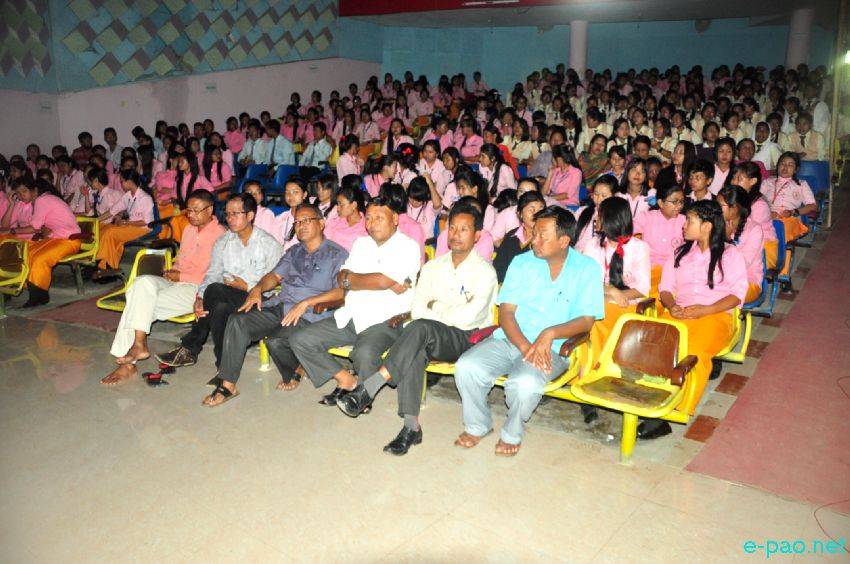
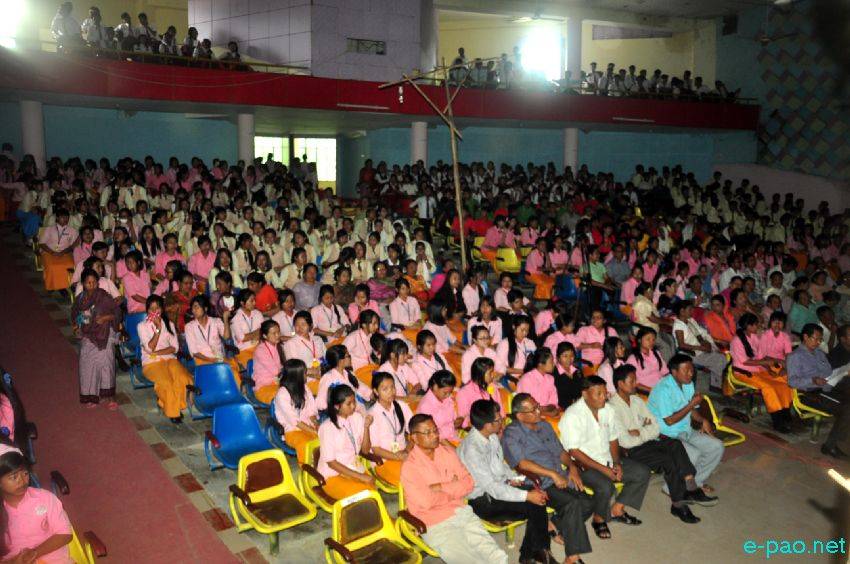
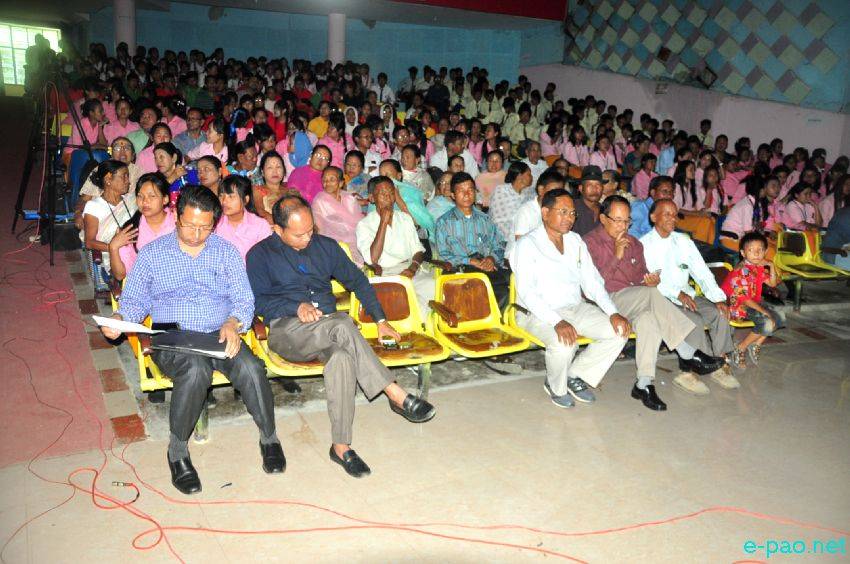
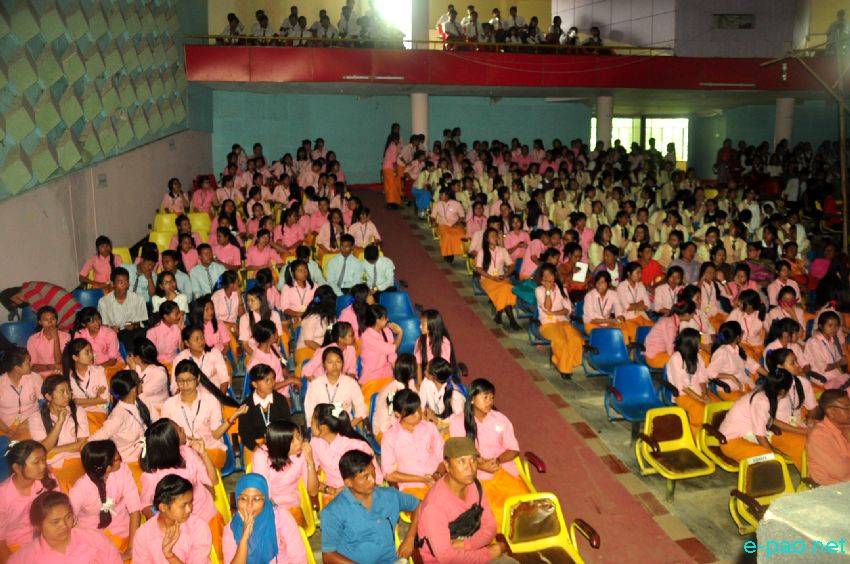
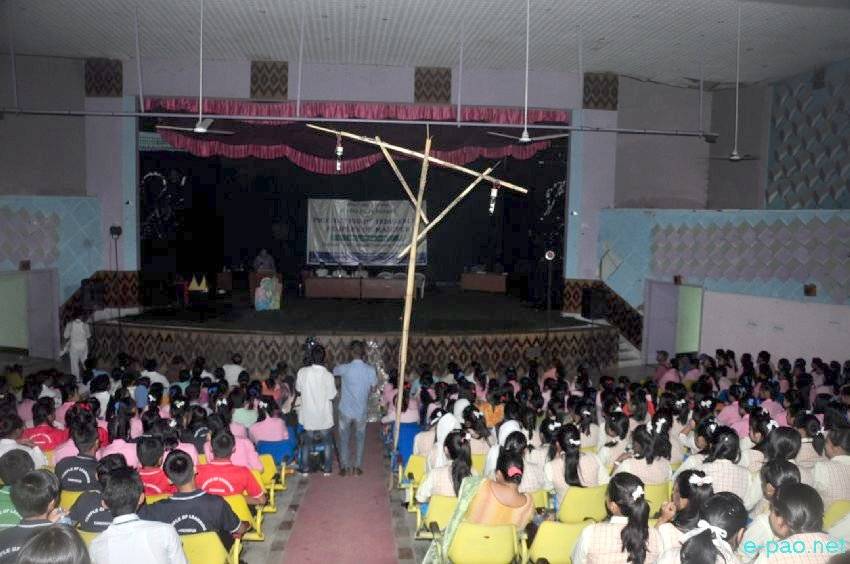
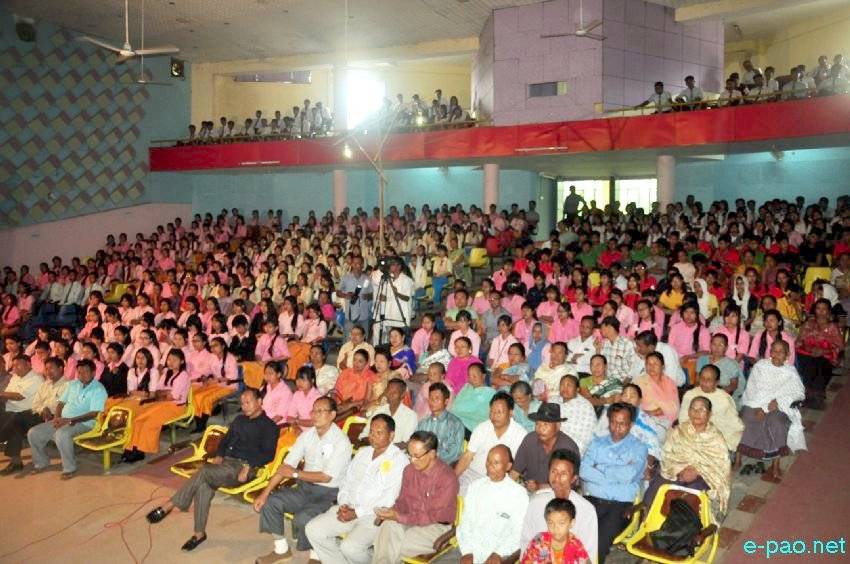
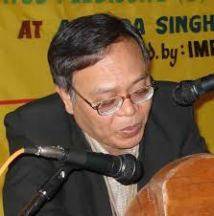
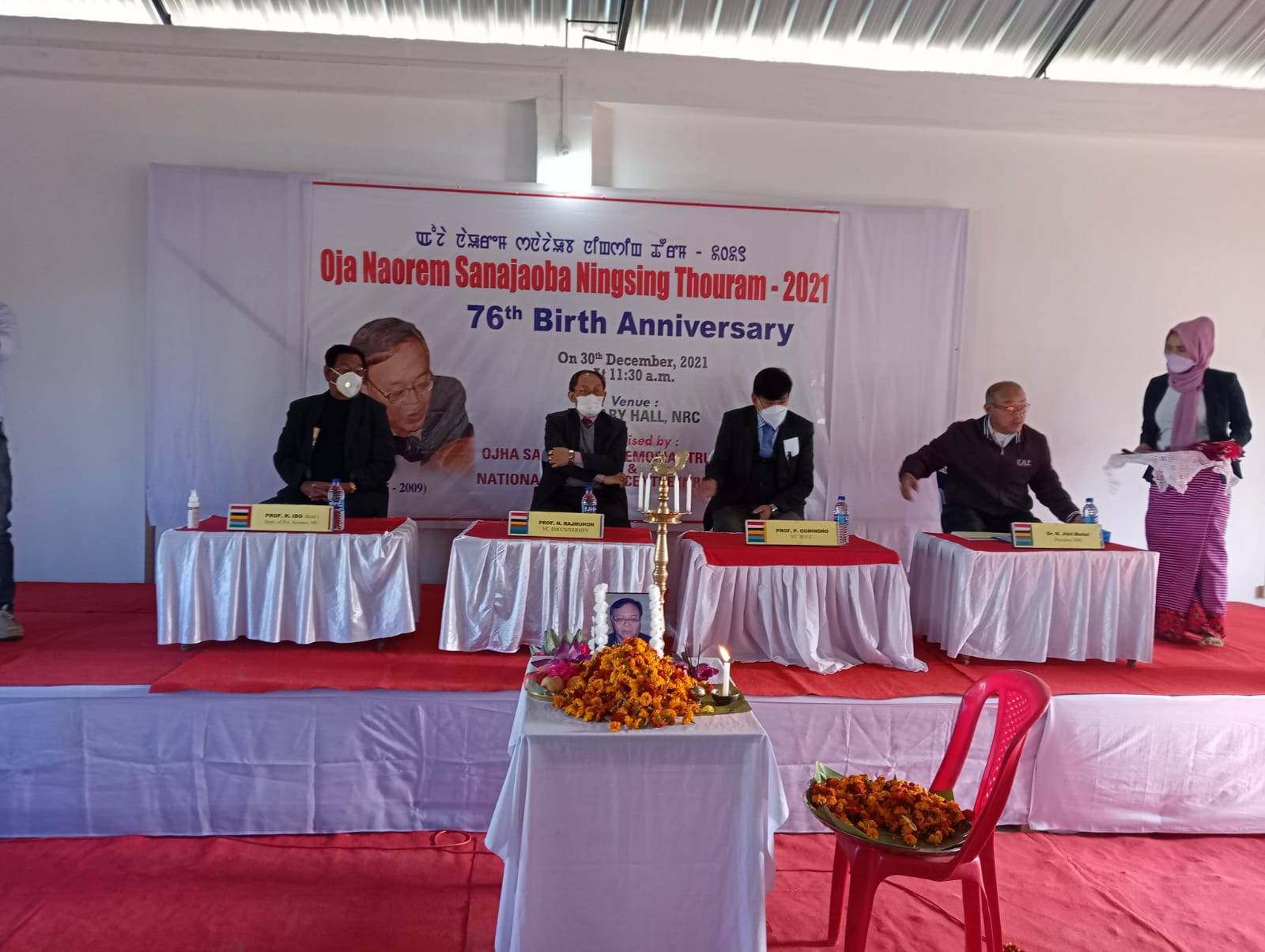
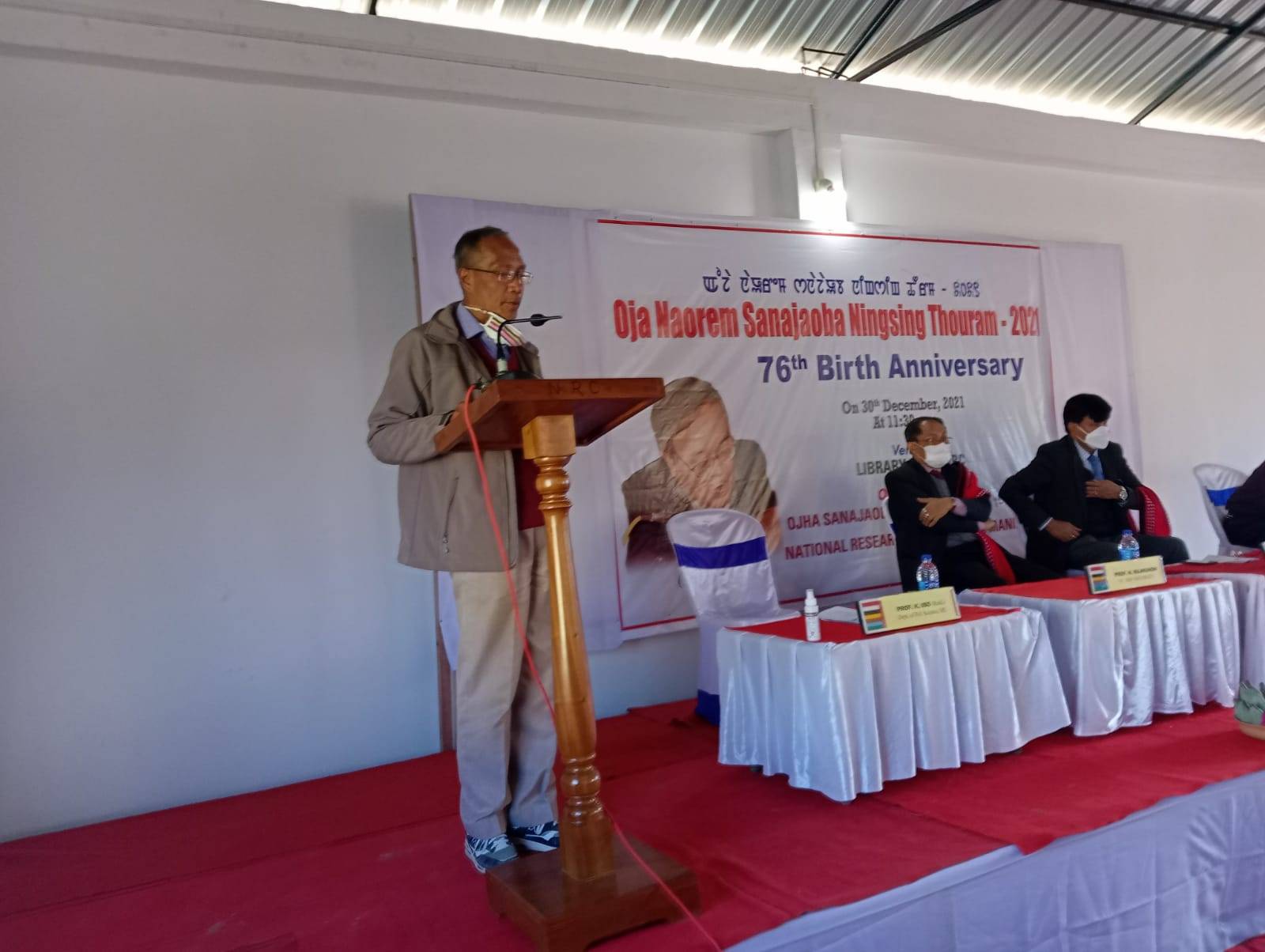
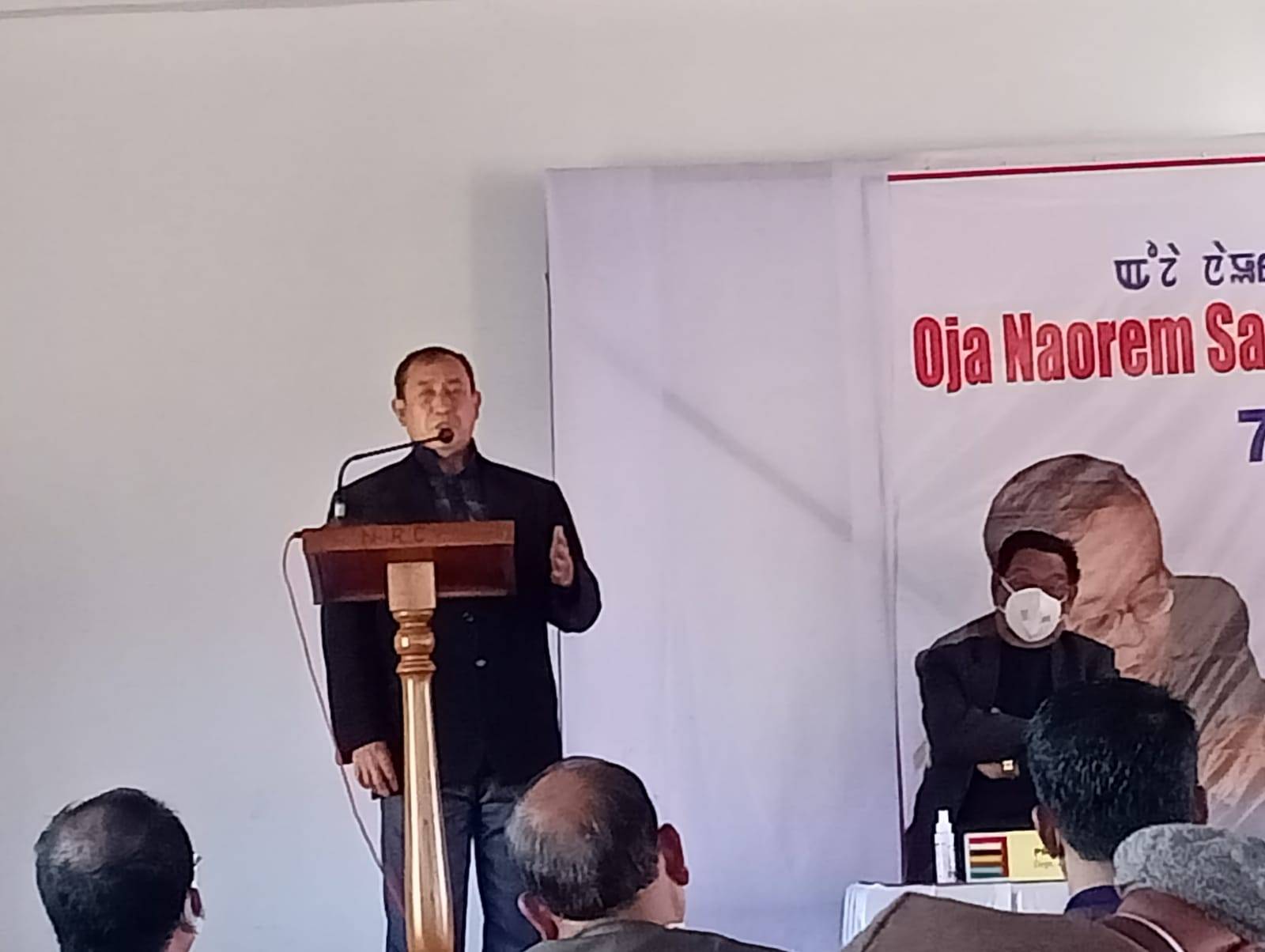
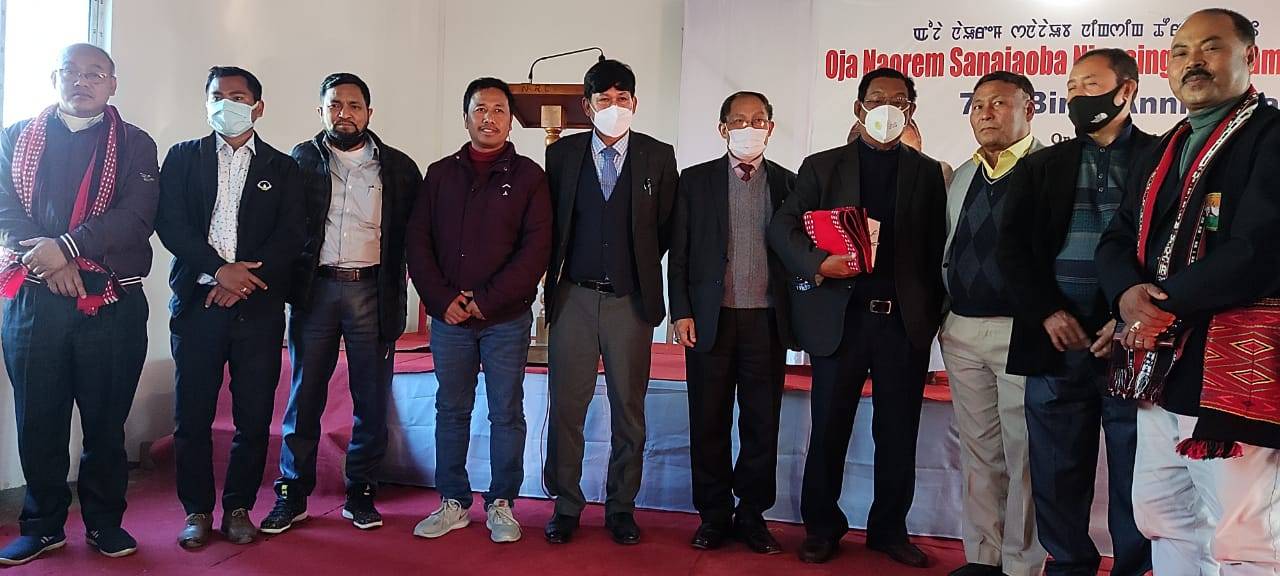
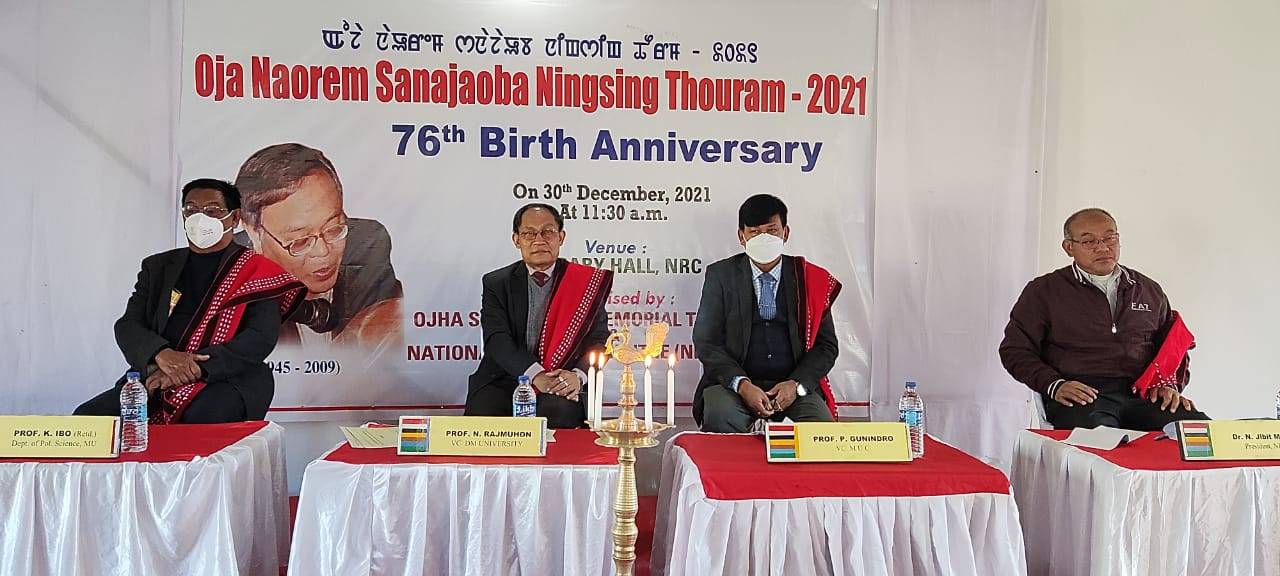
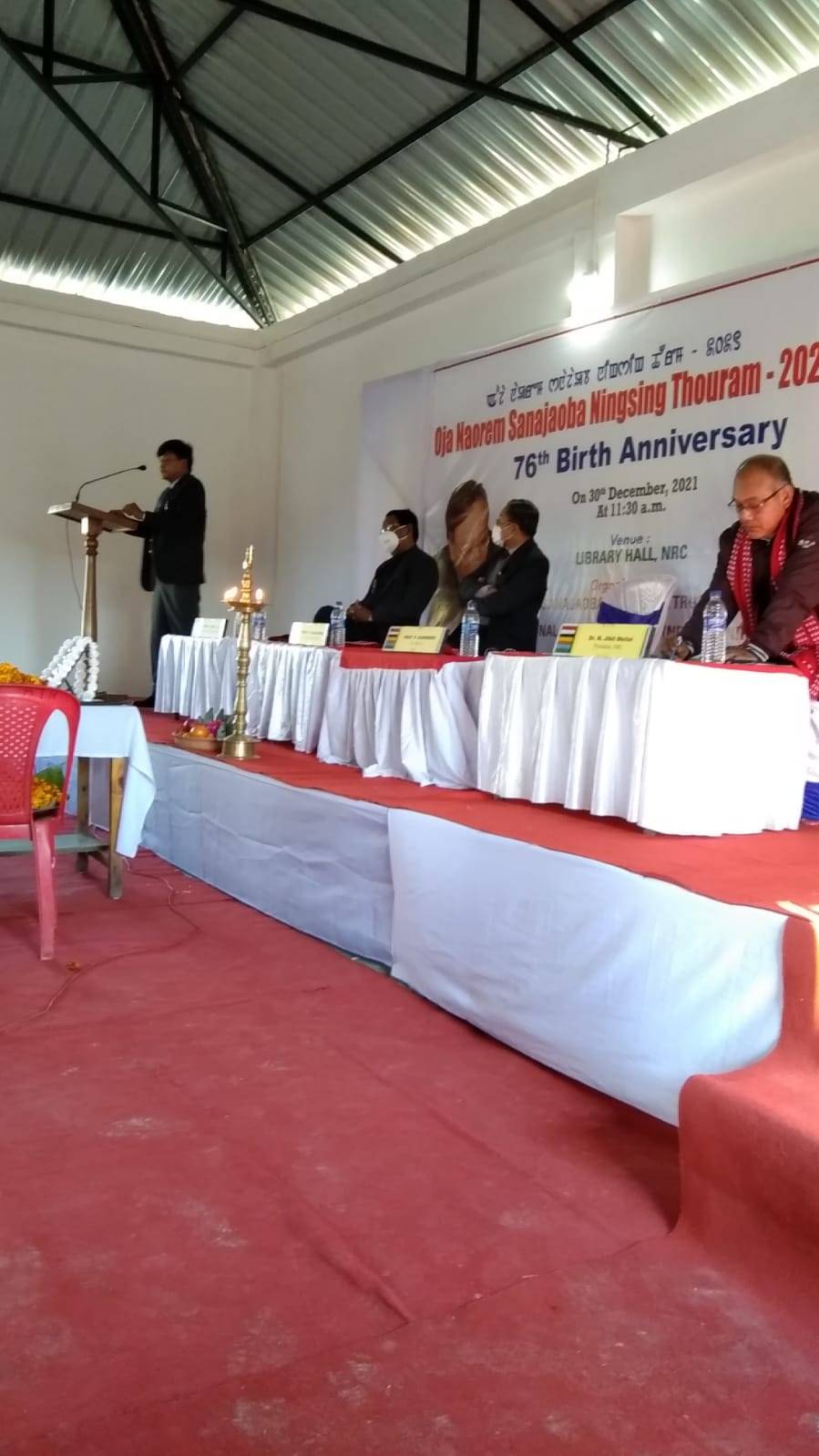
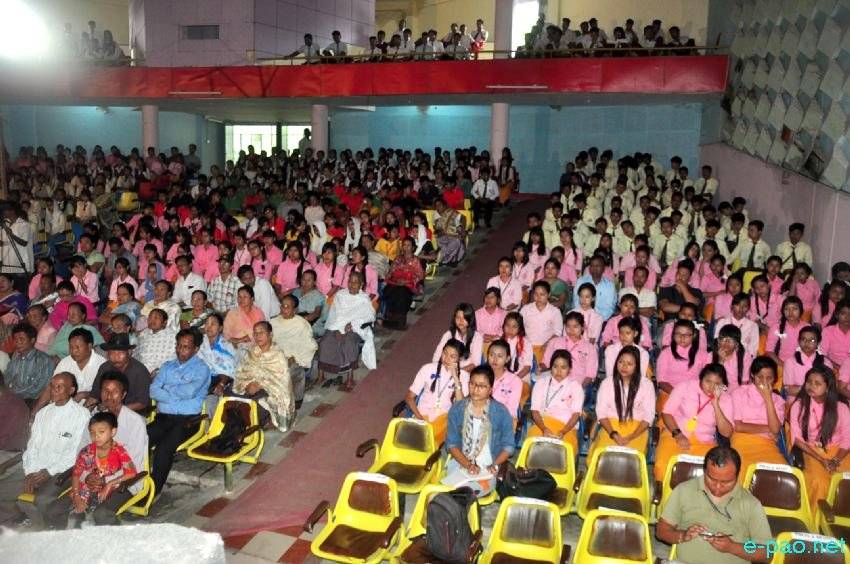
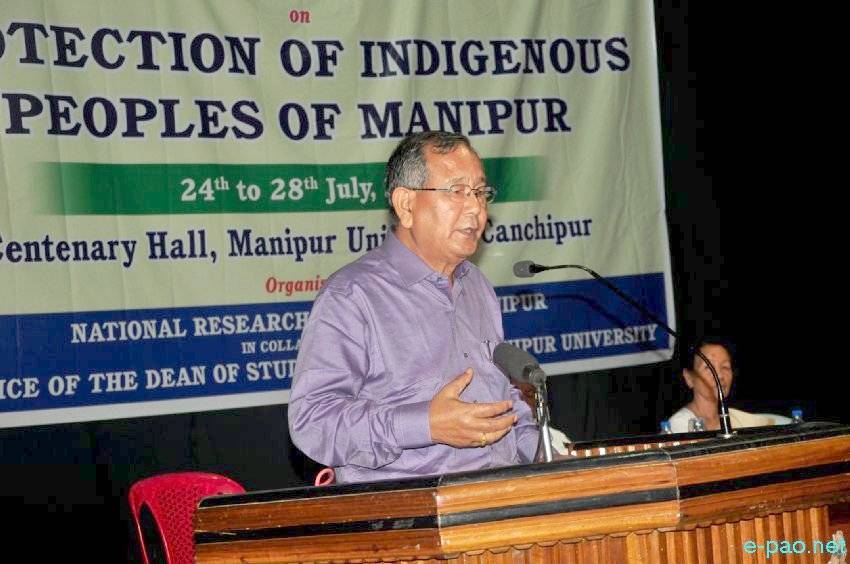
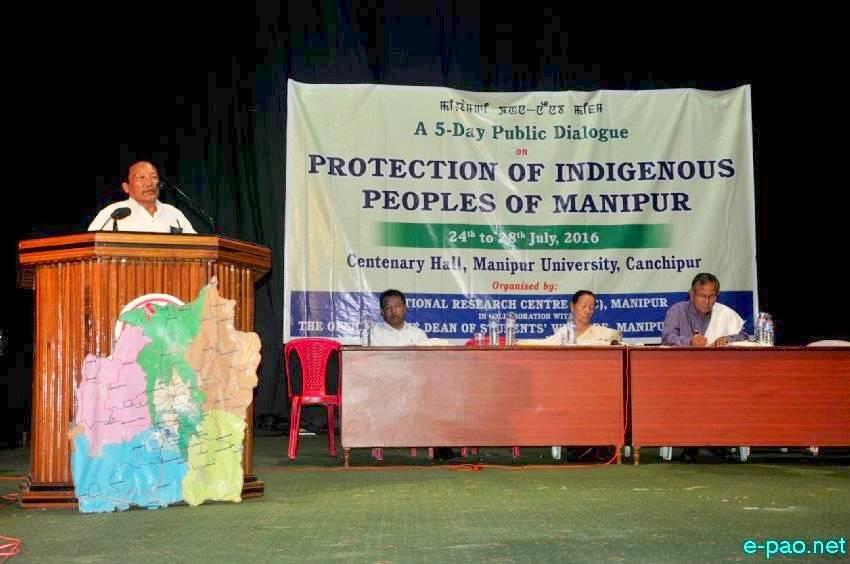
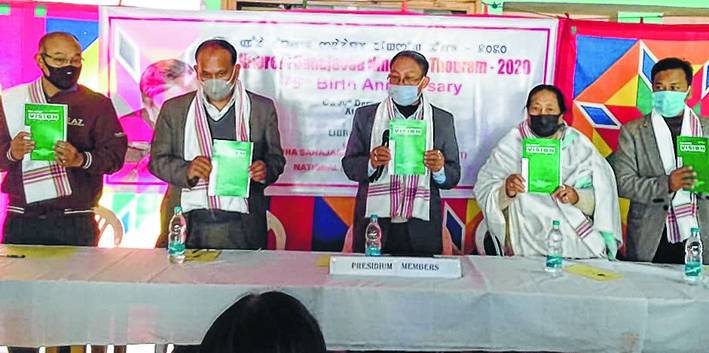
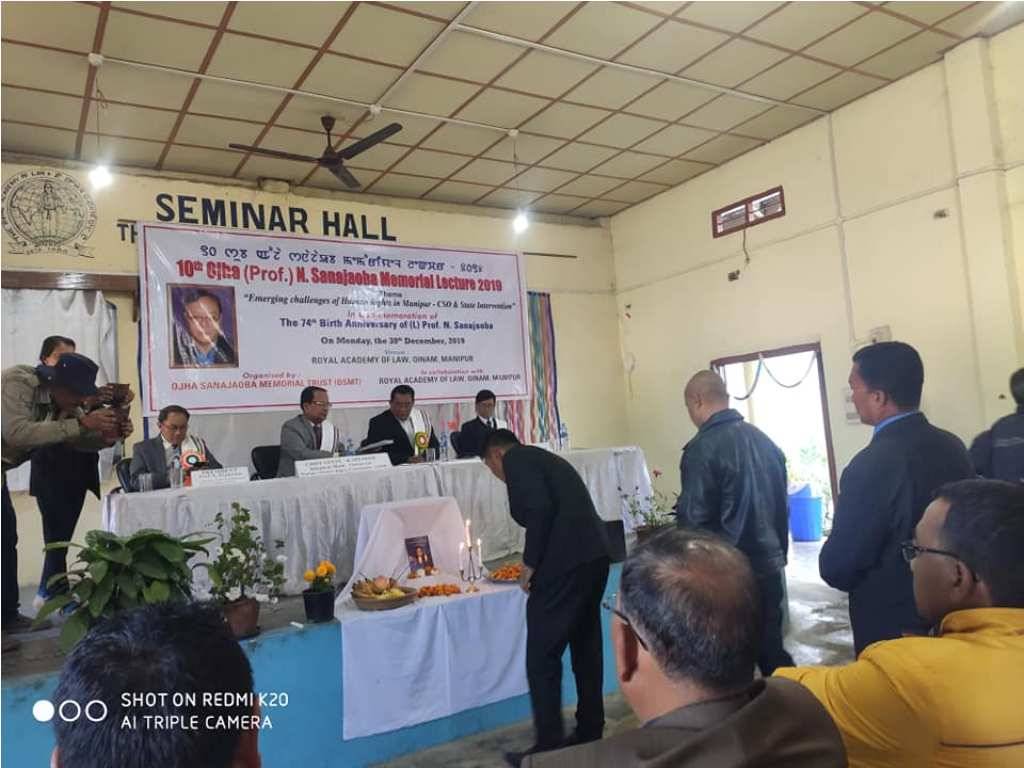




THE NATIONAL RESEARCH CENTRE (NRC)
THE NATIONAL RESEARCH CENTRE (NRC) is a non-profit research organization established on 25th September, 1995. Likeminded youths, mainly from Manipur University, LMS Law College and youths from different sections have come together to document and conduct research on issues of collective significance. Since its inception, NRC has been keenly involved in carrying out in-house research on issues of crucial importance in the northeast region and neighbouring areas. It has also discharged its responsibility in disseminating matters relevant to the masses. Over the years, it has evolved as a key resource center as its academic and published materials have been referred to and cited widely by internationally renowned research institutions and publishers.
Aims & Objectives:
1. To establish and administer a research Centre for conducting research on various issues including political-economy, education, linguistics, human resource development,etc., to ensure a critical and better understanding of the social, cultural and ethnic relationships.
2. To document, produce, reproduce, and conduct research on different fields, based on the lived socio-political, socio-economic-cultural, and health and environmental challenges that confront not only the northeast but also the larger world.
3. To compile, research and publish books, journals, pamphlets and collate research materials for diffusion of information and knowledge. The objective is to promote knowledge that can help communities to come to a harmonious perspective while keeping in mind the interest of the common public.
4. To undertake translation works and archiving of regional historical and oral materials while encouraging cross-flowing and inter-community communication and linguistic development.
5. To establish and maintain public libraries to provide opportunity to the researchers, students and public readers on socially significant disciplines and issues.
6. To institute a model school that would fill the void left by the declining public education system. The model school shall be committed to encourage national values with a meticulously designed curriculum that is sensitive to regional cultures, economy, politics, and scientific temperaments.
7. To organize and conduct seminars, meetings, conference, workshops, lectures. It shall encompass activities relating to production of films on different relevant themes with a multi-disciplinary and collaborative perspective with like-minded organizations etc., at regional, country, and international level.
8. To establish and administer archives so as to preserve old and rare documents, books, journals, newspapers and records scientifically.
9. To establish and administer museums for preserving old, rare and important costumes, cultural attires and dresses, potteries and utensils and any other materials which were used by various ethnic groups in different stages of their past.
10. To conduct awareness programme on different issues concerning our nationality such as territorial integrity, hills and plain(s) relation, issues of human rights violation, preservation of environment, morality and discipline, work culture, etc.
11. To promote social justice, equality, peace, harmony, love and unity amongst indigenous communities.
